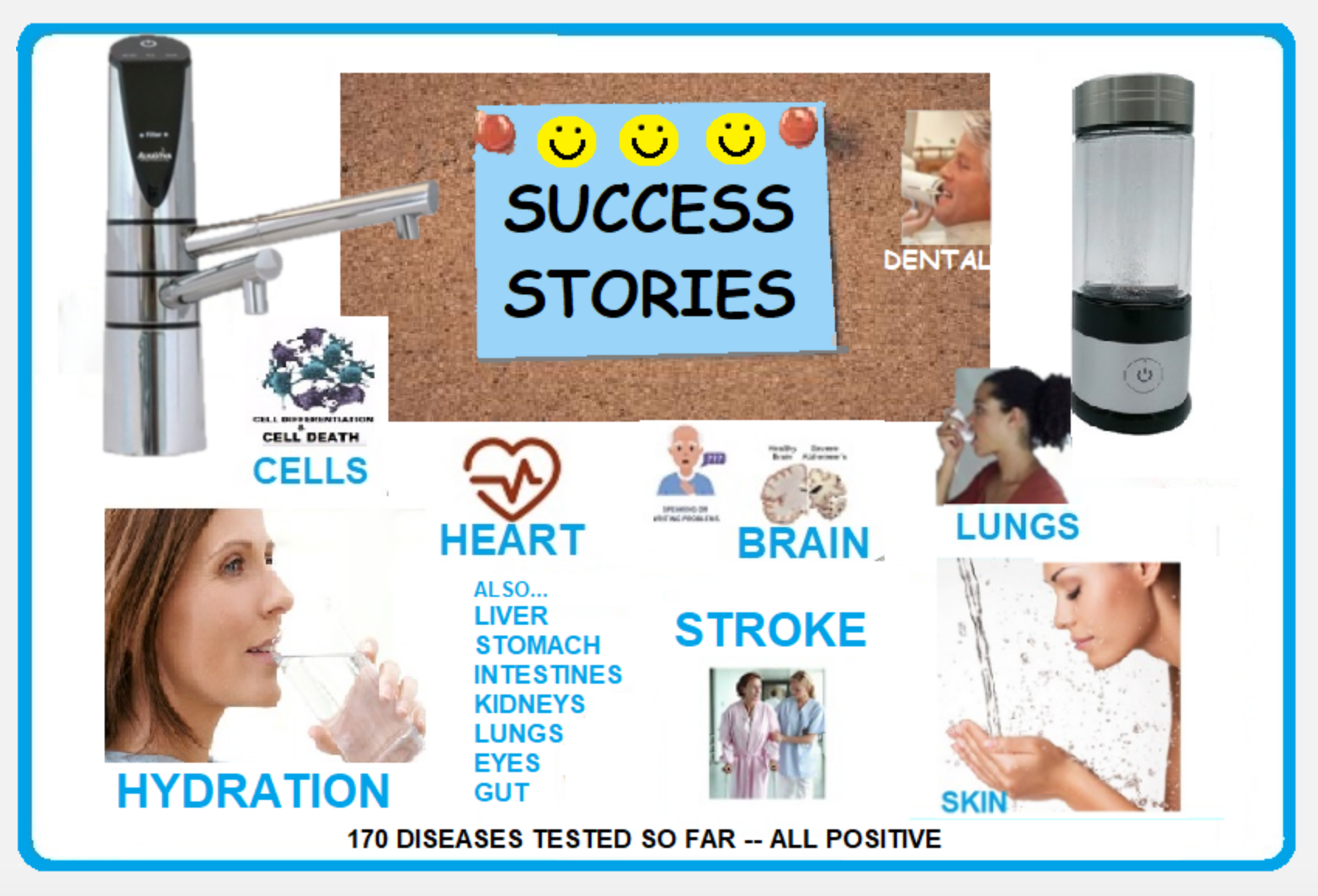
LeafFilter Gutter Guard: ‘Keeps You Off the Ladder’
Gutter cleaning is dirty and annoying. So is deceptive marketing.
A new in-depth report by ProPublica and This American Life is questioning Tylenol's safety and labeling.
A new in-depth report by ProPublica and This American Life is questioning Tylenol’s safety and labeling. McNeil Consumer Healthcare, the unit of Johnson & Johnson responsible for Tylenol, has battled stricter FDA regulations for decades, all the while spending millions of dollars on marketing featuring claims such as “The brand of pain reliever that doctors recommend more than any other.”
According to the report, acetaminophen, the active ingredient in Tylenol, is not as safe as consumers have been led to believe. The drug can lead to liver damage and death from dosages that exceed the maximum recommended amount by only a small margin. About 150 Americans die of accidental overdose per year. Because acetaminophen is present in so many different drugs under different names with different packaging (this phenomenon is known as line extension—see our ad alert on Excedrin for another example), it is possible to take several medications together without realizing that in combination they contain more than the recommended dosage.
The FDA has struggled to regulate over-the-counter Tylenol, which was approved in 1959 before stricter laws were in place. On the other hand,
[f]or prescription drugs, the FDA can act more swiftly, and it has limited the amount of acetaminophen in such medicines.
In 2011, the FDA limited the amount of acetaminophen that can be put in prescription drugs to 325 milligrams per pill, and gave companies until January 2014 to implement the change.
Yet the agency continues to allow the sale of over-the-counter pills that contain up to 650 milligrams of acetaminophen — twice as much.
Prescription Tylenol medicines must also bear a black-box warning that states “acetaminophen has been associated with cases of acute liver failure, at times resulting in liver transplant and death.” Over-the-counter acetaminophen products do not bear the black-box warning.
Further consideration by the FDA—including an unfinished safety review that began in 1977—is still underway.
For another example of a pharmaceutical ad campaign that glossed over risks, see Pfizer Prescribed a Truth Pill.
Our Ad Alerts are not just about false and deceptive marketing issues, but may also be about ads that, although not necessarily deceptive, should be viewed with caution. Ad Alerts can also be about single issues and may not include a comprehensive list of all marketing issues relating to the brand discussed.
Gutter cleaning is dirty and annoying. So is deceptive marketing.
NAD takes issue with blanket disclosure regarding incentivized reviews.
Are there really any benefits to drinking alkaline water?


